Introduction
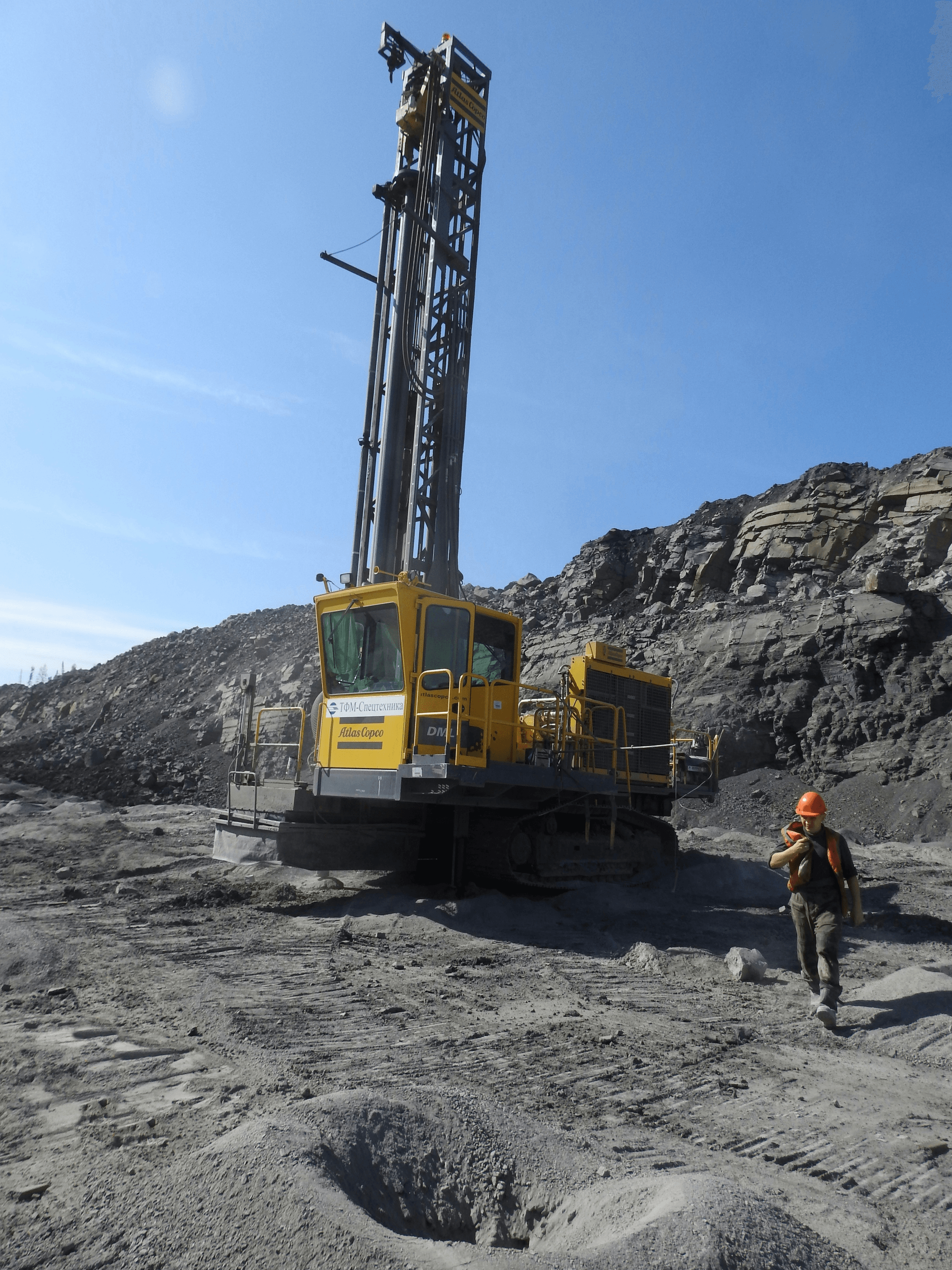
When it comes to efficient and reliable mineral exploration, RC drill rigs are a popular choice. These rigs use Reverse Circulation Drilling to recover rock chips and dust from the borehole, providing valuable geological information. However, like any operation, there are common mistakes that can hinder the success of RC drill rig operations. It is crucial to understand these operations, avoid mistakes, and prioritize safety and efficiency.
Understanding RC Drill Rig Operations
Understanding what an RC drill rig is and how it works is essential for anyone involved in mineral exploration. An RC drill rig uses compressed air to drive a piston down the inner tube, bringing rock cuttings up to the surface for analysis. This method allows for faster drilling and more accurate sampling compared to other techniques. One common mistake in RC drill rig operation is failing to properly maintain and lubricate the equipment, leading to decreased efficiency and potential damage. Another mistake is not adjusting drilling parameters based on changing geological conditions, which can result in inaccurate sampling and inefficient drilling practices. It's important for operators to be aware of these potential pitfalls in order to maximize the effectiveness of RC drill rig operations.
Common Mistakes in RC Drill Rig Operation
One of the disadvantages of RC drilling is the potential for mistakes that can lead to inefficiency or safety hazards. Neglecting routine maintenance, ignoring safety protocols, overlooking environmental impact, and disregarding proper planning are some of the common pitfalls in RC drill rig operations.
Furthermore, these mistakes can result in costly downtime and repairs, leading to financial losses for the drilling operation. In addition, neglecting safety protocols can put the entire crew at risk of injury or even fatality, making it crucial to prioritize safety measures at all times. Moreover, overlooking environmental impact can lead to long-term damage to the surrounding ecosystem, creating a negative reputation for the drilling company and potential legal ramifications.
Importance of Avoiding Mistakes
Avoiding these mistakes is crucial for ensuring safe and efficient operation of an RC drill rig. By investing in proper training, following maintenance schedules, implementing safety protocols, considering environmental impact, and planning effectively, operators can avoid costly errors that could result in downtime or harm to personnel.
Operators must also be aware of the potential impact of their actions on the environment. By considering the environmental impact of drilling operations and implementing measures to minimize harm, such as proper waste disposal and reducing emissions, operators can demonstrate responsible stewardship of natural resources. This not only helps to preserve the environment but also enhances the reputation of the company and builds trust with local communities.
Lack of Proper Training

When it comes to operating an RC drill rig, proper training is essential for safe and efficient operation. Without the necessary knowledge and skills, operators may struggle to handle the equipment effectively, leading to potential safety hazards and decreased productivity. Investing in comprehensive training programs can empower operators with the expertise needed to navigate the complexities of RC drill rig operations.
Importance of Training for Safe and Efficient Operation
Training is crucial for ensuring that operators understand the intricacies of RC drill rig operations, including proper handling of equipment, adherence to safety protocols, and efficient drilling techniques. With adequate training, operators can minimize the risk of accidents and errors while maximizing productivity and performance. By investing in thorough training programs, companies can cultivate a skilled workforce capable of operating RC drill rigs with confidence and expertise.
Consequences of Inadequate Training
The consequences of inadequate training in RC drill rig operations can be severe, ranging from safety hazards to operational inefficiencies. Without proper knowledge and skills, operators may struggle to operate the equipment effectively, leading to costly mistakes and potential accidents. Additionally, inadequate training can result in reduced productivity and increased downtime due to errors or mishandling of the equipment.
Investing in Training for RC Drill Rig Operation
To mitigate the risks associated with inadequate training, companies should prioritize investing in comprehensive training programs for RC drill rig operation. By providing operators with the necessary knowledge and skills, companies can ensure safe and efficient operations while minimizing the potential for costly mistakes or accidents. Empowering operators with expertise through training ultimately contributes to a more productive and reliable drilling process.
Neglecting Routine Maintenance
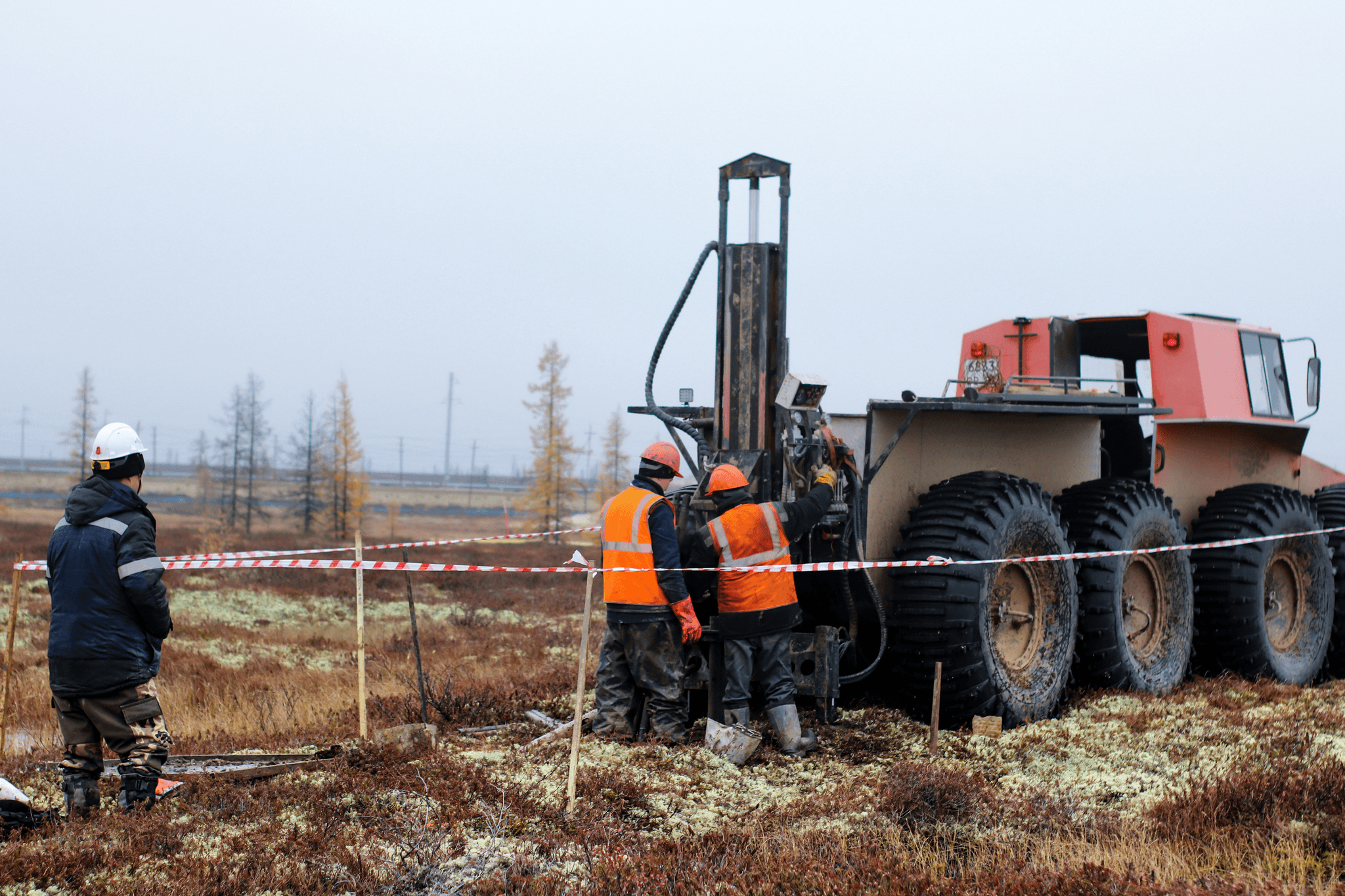
Routine maintenance is crucial for the smooth operation of an RC drill rig. Regular maintenance helps prevent unexpected downtime and ensures that the equipment functions at its optimal level. By neglecting routine maintenance, operators risk facing costly repairs and extended periods of inactivity, which can significantly impact productivity and profitability.
The Role Maintenance Plays in Preventing Downtime
Proper maintenance plays a key role in preventing downtime for an RC drill rig. Regular servicing and inspections help identify potential issues before they escalate into major problems, minimizing the risk of unexpected breakdowns. This proactive approach to maintenance ensures that the equipment remains operational, allowing for uninterrupted drilling activities.
Consequences of Neglecting Maintenance
Neglecting routine maintenance can lead to a range of consequences for RC drill rigs. From increased wear and tear on components to reduced efficiency and performance, the impact of neglected maintenance can be detrimental to both the equipment and the overall drilling operations. In addition, overlooking regular upkeep may also void warranties or insurance coverage, leaving operators vulnerable to additional costs.
Creating a Maintenance Schedule for RC Drill Rigs
To avoid the pitfalls of neglecting routine maintenance, it's essential to establish a comprehensive maintenance schedule for RC drill rigs. This schedule should include regular inspections, lubrication, filter replacements, and other preventive measures aimed at keeping the equipment in top condition. By adhering to a structured maintenance plan, operators can minimize downtime and extend the lifespan of their RC drill rig.
Ignoring Safety Protocols
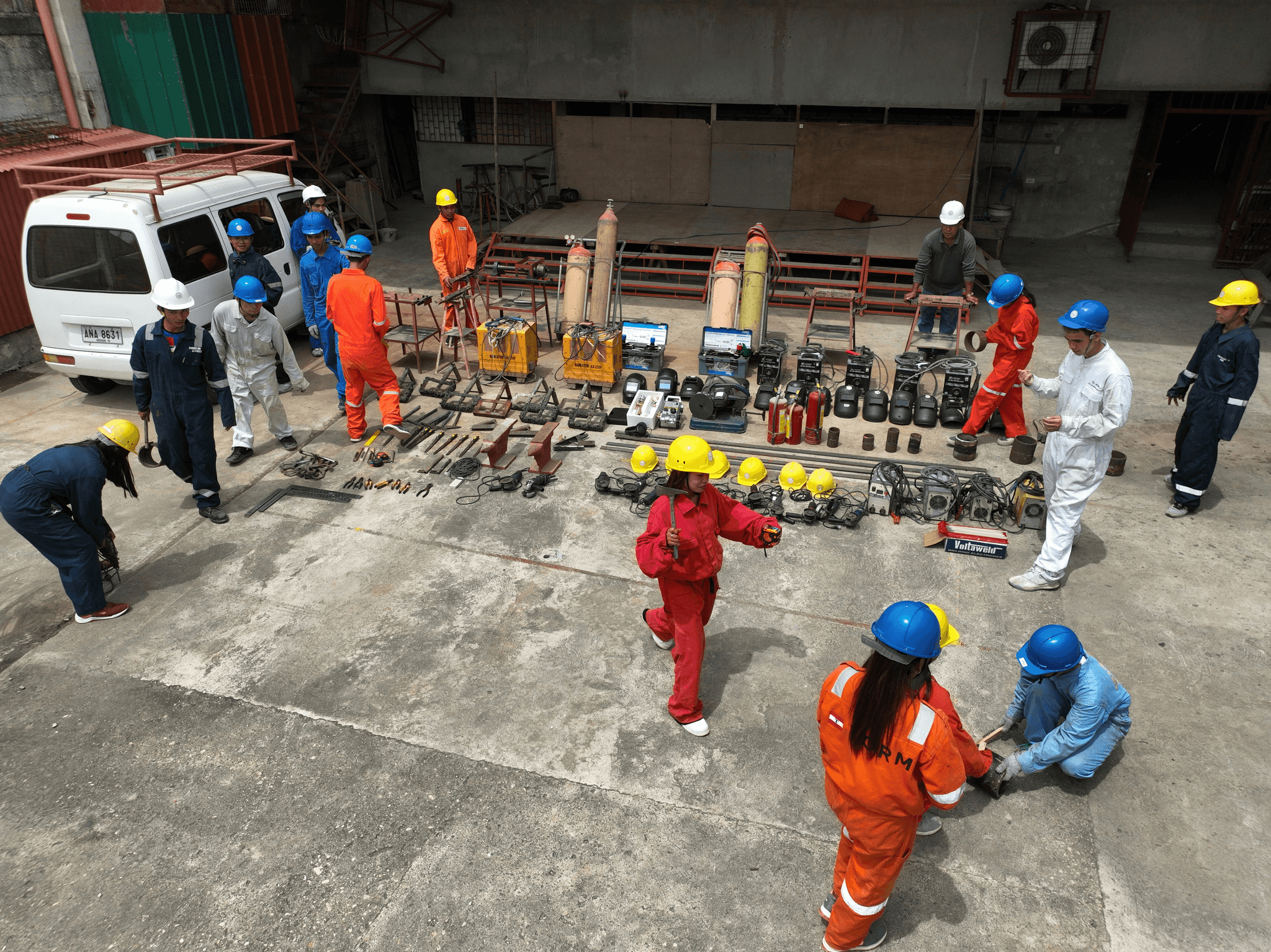
When operating an RC drill rig, it is crucial to follow safety guidelines to protect both personnel and equipment. Ignoring safety protocols can lead to serious accidents and injuries, as well as damage to the drill rig itself. Implementing a safety culture in RC drill rig operations ensures that all personnel are aware of the potential hazards and are equipped with the knowledge to mitigate risks.
Importance of Following Safety Guidelines
Following safety guidelines when using an RC drill rig is essential for preventing accidents and ensuring the well-being of everyone involved in the operation. From wearing appropriate personal protective equipment to adhering to proper operating procedures, these guidelines are designed to minimize risks and maintain a safe working environment. By prioritizing safety, operators can avoid costly incidents and downtime.
Consequences of Ignoring Safety Protocols
The consequences of ignoring safety protocols in RC drill rig operations can be severe, ranging from injuries and fatalities to damage to equipment and environmental harm. Failure to follow established safety guidelines can result in regulatory violations, legal repercussions, and reputational damage for the company. Additionally, it can lead to increased insurance premiums and decreased productivity due to work stoppages.
Implementing a Safety Culture in RC Drill Rig Operations
To ensure that safety protocols are consistently followed, it is crucial to foster a strong safety culture within RC drill rig operations. This involves providing comprehensive training on safety procedures, encouraging open communication about potential hazards, and promoting accountability among all personnel. By integrating safety into every aspect of the operation, operators can create a work environment where everyone feels empowered to prioritize their well-being.
Overlooking Environmental Impact
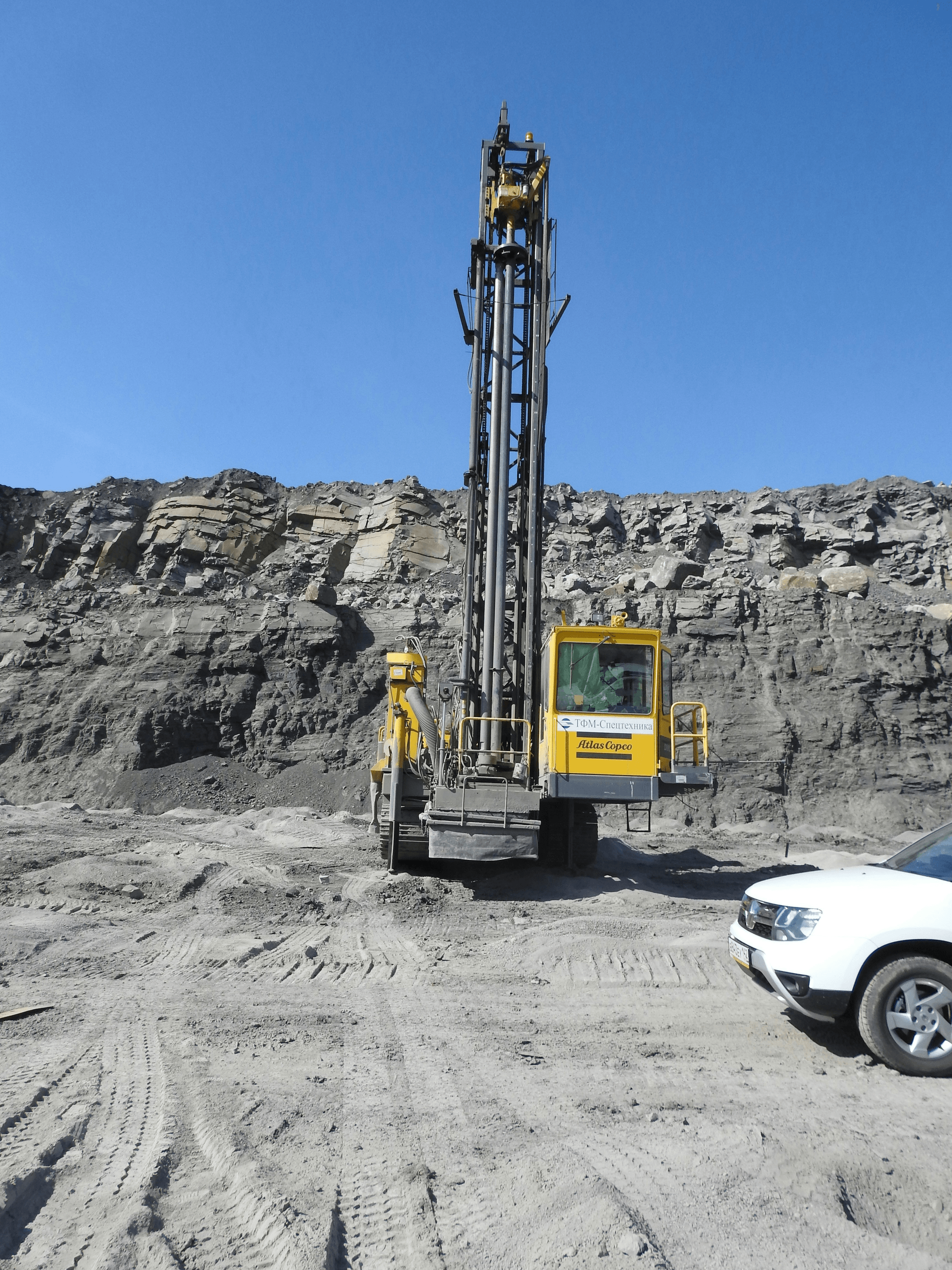
Understanding the Environmental Impact of RC Drill Rig Operations
RC drill rigs are essential for mineral exploration and resource extraction, but they also have environmental implications. The process of reverse circulation drilling can lead to soil erosion and habitat disruption, impacting local ecosystems. Additionally, the use of drilling fluids and waste disposal can further contribute to environmental degradation.
Consequences of Neglecting Environmental Considerations
Neglecting environmental considerations in RC drill rig operations can result in long-term damage to the surrounding environment. Soil erosion can lead to sedimentation in water bodies, affecting aquatic life, while habitat disruption can impact local flora and fauna. Improper waste disposal practices can contaminate soil and water sources, causing harm to the ecosystem and nearby communities.
Implementing Sustainable Practices in RC Drill Rig Operations
To mitigate the environmental impact of RC drill rig operations, it is crucial to implement sustainable practices. This includes utilizing biodegradable drilling fluids, proper waste management, and reclamation of disturbed areas post-drilling. Additionally, employing advanced technologies such as dust suppression systems and noise reduction measures can minimize the impact on surrounding environments.
Disregarding Proper Planning
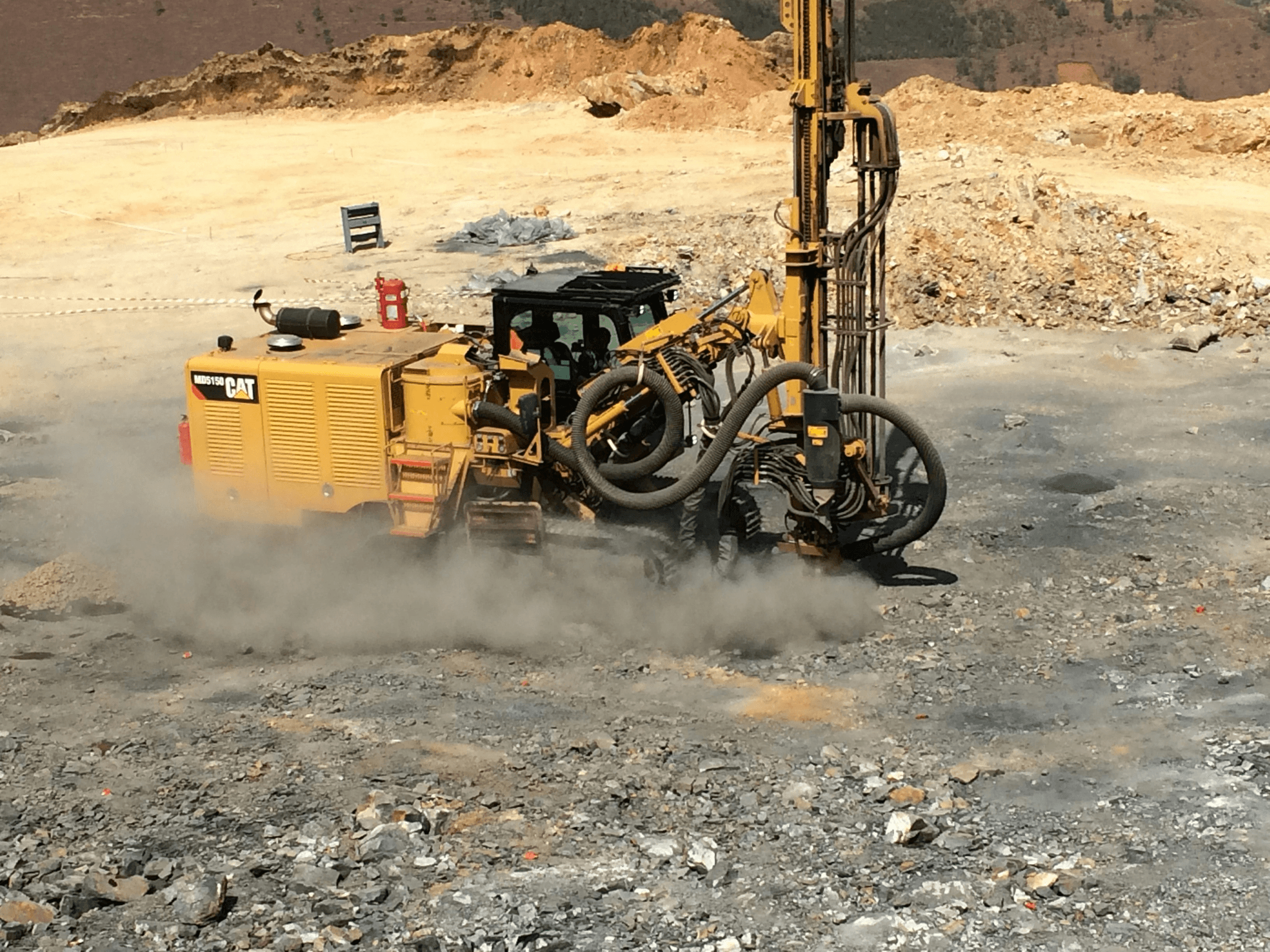
When it comes to RC drill rig operations, detailed planning is crucial for success. Proper planning involves assessing the site, understanding the geological conditions, and strategizing the drilling process. Without a well-thought-out plan, operators may encounter unexpected challenges that can lead to delays and increased costs.
Importance of Detailed Planning in RC Drill Rig Operations
Effective planning ensures that the right equipment and resources are in place before drilling begins. It allows operators to anticipate potential obstacles and develop contingency plans, ultimately saving time and money. With thorough planning, RC drill rig operations can be executed with precision and efficiency, leading to successful outcomes.
Consequences of Poor Planning
Neglecting proper planning can result in costly mistakes such as drilling inaccuracies, equipment malfunctions, and project delays. Without a clear plan in place, operators may struggle to adapt to changing conditions on-site, leading to inefficiencies and subpar results.
Implementing Effective Planning Strategies for RC Drill Rig Operations
To avoid the pitfalls of poor planning, it's essential for operators to implement effective strategies such as conducting thorough site assessments, collaborating with geologists for valuable insights, and utilizing advanced software for modeling drilling scenarios. By investing time in detailed planning, RC drill rig operations can run smoothly and yield optimal results.
Remember that proper planning is the key to success in RC drill rig operations - don't overlook its importance!
Conclusion
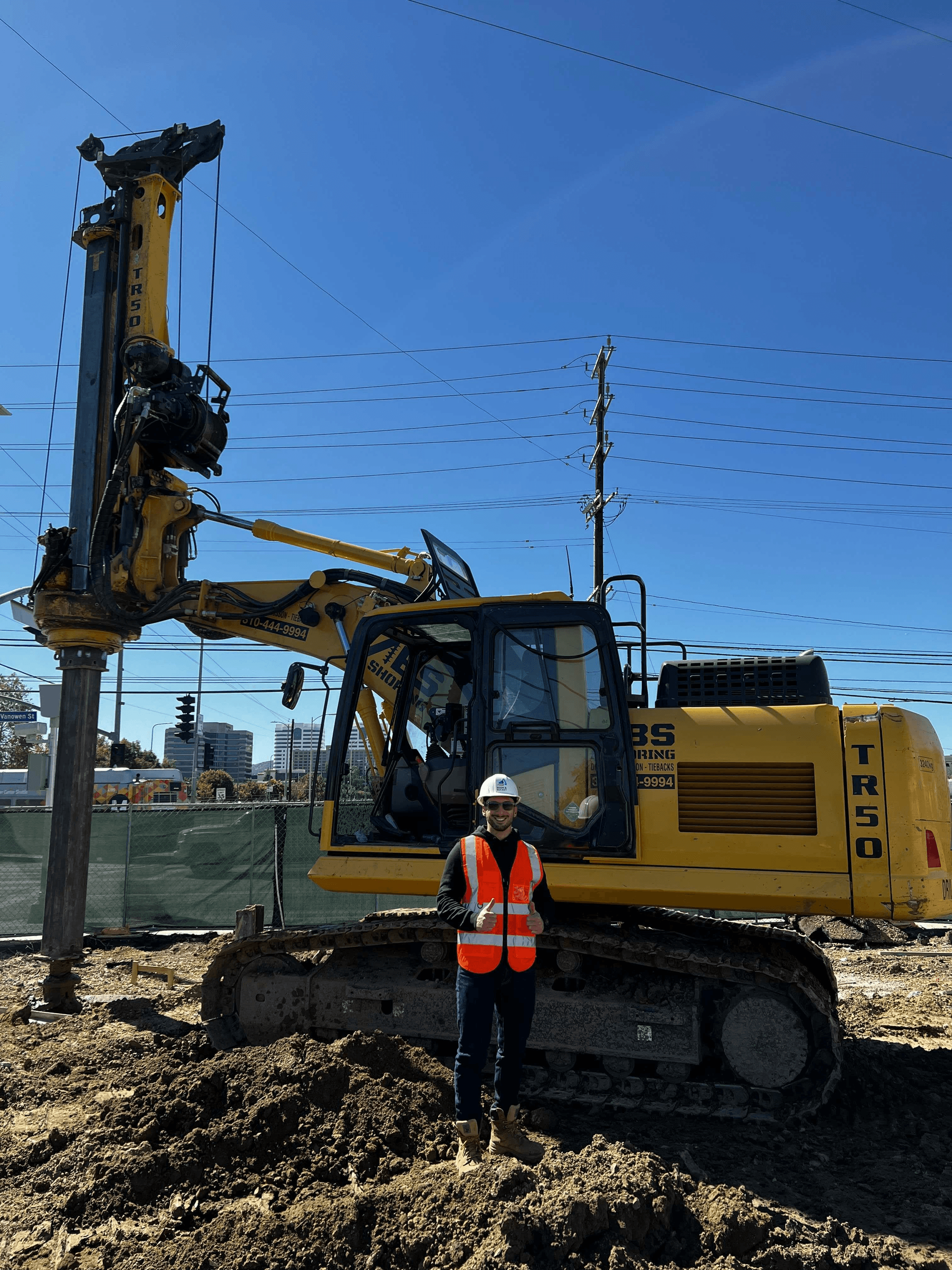
In conclusion, ensuring safe and efficient RC drill rig operations is crucial for successful mining and construction projects. Empowering operators with knowledge and training can help avoid costly mistakes and improve overall productivity. By investing in proper training, maintenance, safety protocols, environmental considerations, and effective planning strategies, companies can optimize their RC drill rig operations for maximum success.
Ensuring Safe and Efficient RC Drill Rig Operations
By prioritizing safety protocols, environmental impact, and proper planning, companies can ensure the safe and efficient operation of their RC drill rigs. This not only protects the well-being of workers but also minimizes downtime and maximizes productivity on job sites.
Empowering Operators with Knowledge and Training
Proper training is essential for operating an RC drill rig effectively. Investing in comprehensive training programs can equip operators with the skills they need to handle the equipment safely and efficiently, ultimately leading to better results for mining and construction projects.
Avoiding Costly Mistakes in RC Drill Rig Operations
By understanding common mistakes in RC drill rig operations such as neglecting maintenance or disregarding safety protocols, companies can take proactive measures to avoid these pitfalls. This will ultimately save time, money, and resources in the long run.

